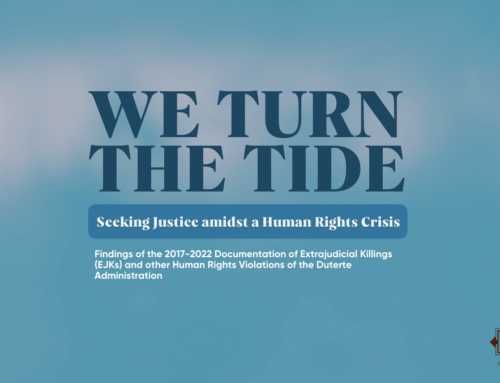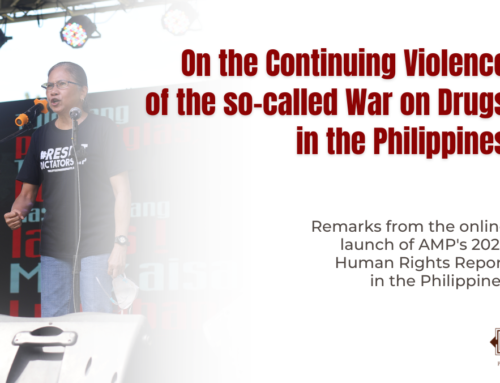 Connecticut (Juan F. v. Rell), featured, News-Events, Press Releases
Connecticut (Juan F. v. Rell), featured, News-Events, Press Releases  Blog article: Connecticut Foster Care Reform Threatened by Workforce, Service Issues, Report Finds
Blog article: Connecticut Foster Care Reform Threatened by Workforce, Service Issues, Report Finds09 Jul 2014 / Posted by cr
The Connecticut Department of Children and Families (DCF) has made “significant progress” under the leadership of Commissioner Joette Katz, but an overburdened workforce and a shortage of key support services for kids and families are threatening the effort to reform the state’s child welfare system, according to a report released today.
The report, submitted by an independent court monitor, covers DCF’s performance through the first quarter of 2014. It shows the agency met 15 of the 22 court-ordered benchmarks for child welfare reform, a longstanding effort that was spurred by the national advocacy organization Children’s Rights. The monitor found: “System reform for Connecticut’s most vulnerable population is occurring and it can help families in a manner never before seen in Connecticut, but the promise of fully implementing this approach is compromised” by workforce strains and service gaps.
Between June 2011 and 2014, Connecticut decreased its foster care population by 13 percent and cut the percentage of kids in group care from roughly 30 percent to 20 percent, according to the report. But, the report also states that DCF must recruit more foster homes and invest in community-based services – like mental health services – for kids outside of group facilities.
On the critical issue of meeting the basic needs – like mental health, medical and educational needs – of children and families, the report shows that DCF was in compliance with only 57 percent of cases sampled and reviewed by the monitor, down from 67 percent in the third quarter of 2013, and short of the required 80 percent benchmark. The state also regressed in the quality of case planning – a key tool in aligning appropriate housing and services for children. Compliance dropped to 52 percent of cases sampled, down from 65 percent in the third quarter of 2013, and short of the 90 percent standard.
In addition, the DCF workforce is overburdened with increasing caseloads, which often include children with higher needs, due to the agency’s effective use of a “differential response” program to redirect lower-risk children away from foster care, according to the report. Although DCF has obtained authority to hire up to 81 new front line workers, this alone “will not solve the agency’s workload problem,” the report states.
“This latest report illustrates the real strengths and promise of DCF leadership under Commissioner Katz, but also starkly shows that key resource problems threaten to overwhelm the agency and erode the progress that’s been made with her at the helm,” said Ira Lustbader, associate director of Children’s Rights. “It is clear in the federal court order that the state must provide the funding and resources necessary to fully implement the reform plan. We believe we can work with the agency to address these problems, but DCF must move quickly to combat them.”
Children in the class action known as Juan F. v. Malloy originally filed in 1989, are represented by Children’s Rights and Steven Frederick of the Stamford law firm Wofsey Rosen Kweskin & Kuriansky LLP. The case was filed against state officials on behalf of the approximately 6,000 children in the custody of the Connecticut child welfare system and thousands more at risk of entering custody.
![]()








